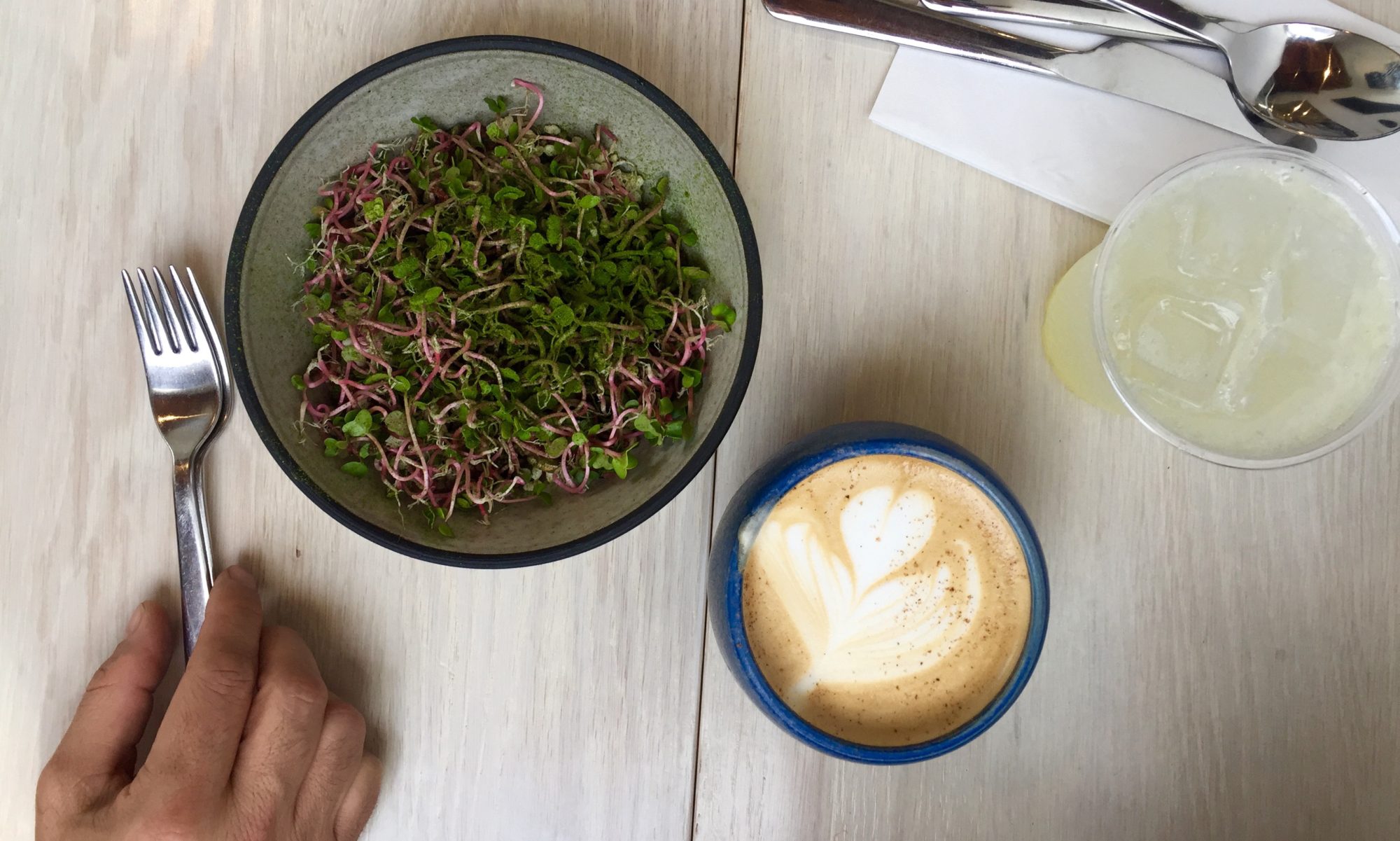There’s a crisis happening in the food world and few have any idea that one of our country’s most beloved food industries is on the verge of collapse.
Your local dairy farmer is on the brink of disaster.
Milk does a body good, but not the dairy farmer
As things stand, current milk prices equal half of what it takes for dairy farmers to feed and milk their cows. If milk prices don’t stabilize soon, independent dairy farmers across our country will fold. Some warn that beyond the loss of local dairy farms, many of these farmers are losing the will to go on.
In just six months, two dairy farmers have committed suicide.
Thanks to the recent recession and pressure from large dairy corporations like Hood and Horizon, individual farmers are struggling to keep from losing everything. Every carton of milk sold at the grocery store represents a loss of funds at a local dairy farm.
According to Amanda St. Pierre of Dairy Farmers Working Together, many farmers are so depressed by their increasing debts they refuse to put time towards bringing public awareness to their cause–for fear of missing valuable hours of work.
A lose/lose situation
According to a recent Los Angeles Times story, California dairy farmers have been hit especially hard. As the number one dairy state, California farms produce one-fifth of the nation’s supply of milk—that’s $7 billion worth of milk annually. LA Times writer, Jerry Hirsch reports that farmers are staying afloat by getting loans on their property and selling off their cows for slaughter. If milk prices don’t go up soon, he wrote, farmers will spend the loaned funds in short time and quickly go out of business.
As an increasing number of dairy farms face bankruptcy, the future for our nation’s milk farmers looks increasingly dim. Even the organic dairy farmers—once the most profitable sector of the dairy business—have seen any profit disappear as health-conscientious customers skip the higher-priced organic milk for lower priced options from large conglomerations. Now, many farmers are wishing they hadn’t made the investment to go organic.
Respect the Cow
After seventeen years as a beans and rice vegetarian—I avoided meat and poultry for political and ethical reasons–I started eating red meat after becoming increasingly desperate for a change of diet and a source of real iron. I forsook food politics for the health benefits of–and pure enjoyment from–unabashed eating. A thorough read of Michael Pollan’s Omnivore’s Dilemma changed all that, however, as his words reminded me of the need for political and ethical eating–even as an omnivore.
I quickly adapted my post-Pollan diet to create ways for my buying dollars to show respect for the animals’ lives, the planet’s needs, the farmers’ work and the talents of dedicated artisans–while still enjoying my foodie cravings.
When I read this week’s shocking story in the LA Times about California dairy farmers, I began wondering what I could do as a consumer to help put a stop to this mounting crisis.
HOW CAN WE HELP?
Request local dairy farmers’ participation at your local farmers’ market: According to a recent New York Times article, some New England farmers are considering selling their milk directly to the public. Research dairy farms in your area and ask the farmers to participate in your local farmers’ market.
Local dairy farmers could take advantage of the recent popularity of local farmers’ and begin to offer their products directly to the consumer. With this sort of presence, consumers will have access to information about where their milk comes from, how the cows are raised, and will have a direct relationship with the farmer that will result in dedicated buying dollars. In addition, the Vermont House of Representatives recently passed a bill month to increase the amount of raw milk a farmer can at farmers’ markets.
When possible, pay extra to buy local.
Boycott bad brands
According to the Organic Consumers Association, brands like Horizon not only manipulate local farmers to lower their milk prices, but as a corporation they use loopholes in national organic standards to sell a milk produced from factory farm feedlots where the animals have been brought in from conventional farms and are kept in intensive confinement, with little or no access to pasture.
Get political
–Sign the Holstein Association’s petition for the USA Dairy Price Stabilization Program.
–Sign a letter from Farm Aid to Secretary Vilsack asking for his support in setting fair prices for milk for our nation’s Dairy Farmers.
–Donate to Dairy Farmers Working Together or email them here to join their newsletter to find out about the upcoming Dairy Farmers Working Together conference call, slated to happen on June 30th. On this call you will be able to hear about issues facing dairy farmers and what concerned consumers can do to support dairy farmers.
— Send a letter to HP Hood to stop requiring Organic farms to reduce production.
What ideas do you have for lending support to your local dairy farmer?
